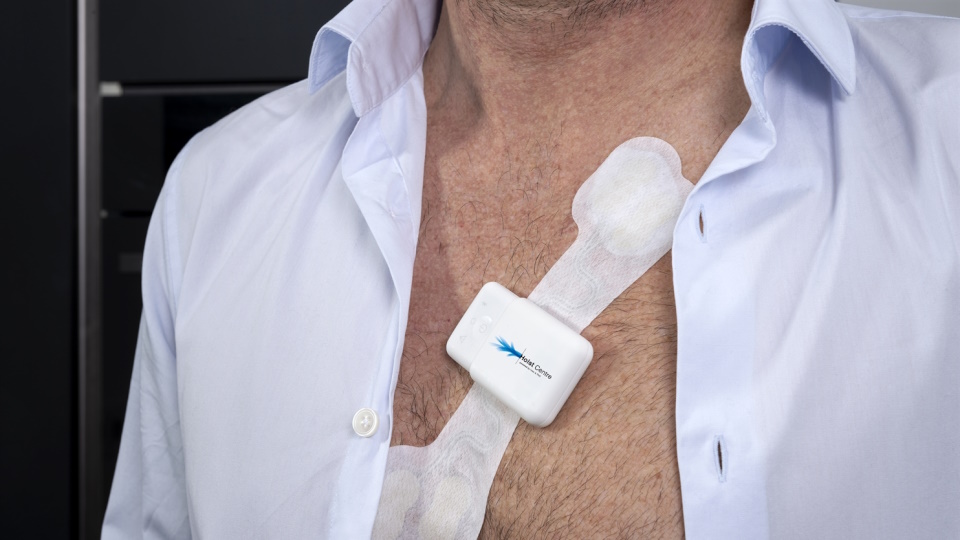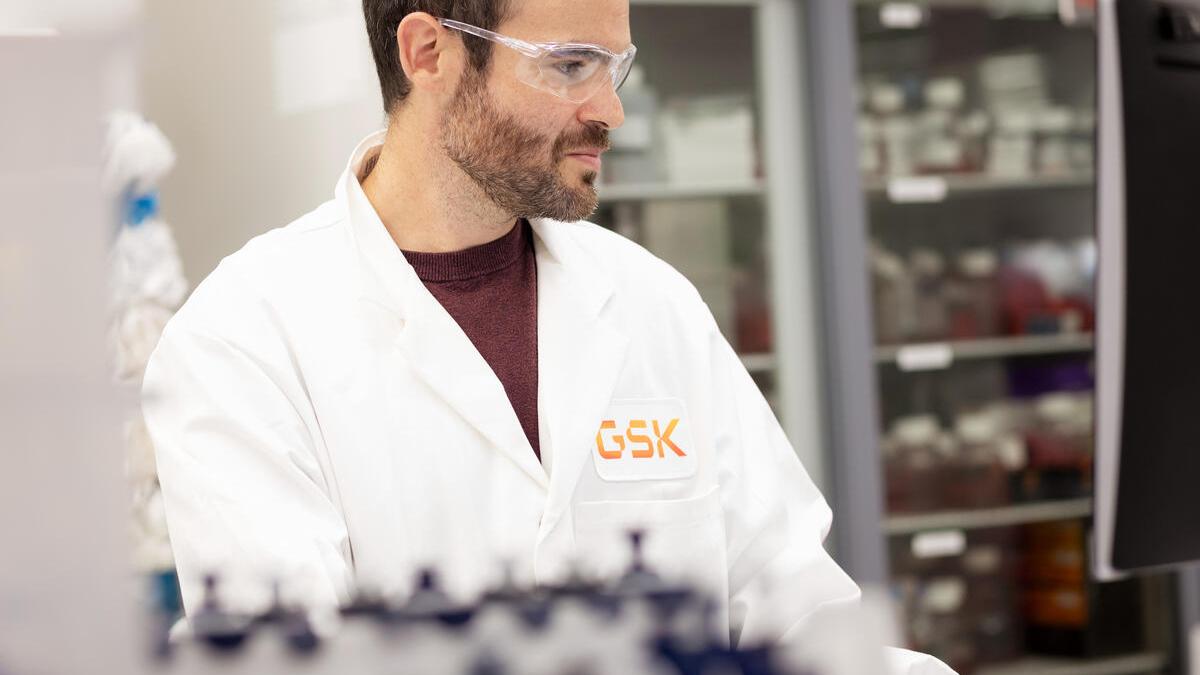Dutch R&D agency spins out health wearables company

The Netherlands’ R&D agency TNO has launched a digital health company – AIKON Health – that will focus on the development of wearable devices that will be used to monitor patients with chronic health conditions.
AIKON’s first project is in the area of heart monitoring, drawing on technology developed by TNO researchers at the organisation’s Holst Centre in Eindhoven, which focuses on 3D-printed electronics and biocompatible materials.
Holst scientists have created a prototype of a wearable sensor that is intended for use by people with heart failure who are at risk of deterioration, as a warning system that could allow earlier detection and treatment and prevent readmissions to hospital.
According to TNO, more than 50% of heart failure patients are readmitted within six months of discharge from hospital and using wearable sensors could reduce that by 25%, easing the burden on health systems increasingly struggling with shortages in healthcare professionals and rising costs.
AIKON says it will develop a range of wearable sensors to monitor variables like electrocardiogram (ECG), heart rate, skin temperature, respiratory rate, and changes in blood pressure over an extended period of time.
The first sensors will deploy a dry electrode technology developed at Holst, along with patches made using an ultra-thin, stretchable, and breathable material that means they can be worn comfortably for an extended period of time.
 The patch consists of a single-lead ECG, electrodes for bio-impedance measurement, an accelerometer, and a temperature sensor. Using these sensors, heart rate, heart rate variability (HRV), respiration rate and depth, posture, and skin temperature can be measured, and data can be transmitted wirelessly via Bluetooth or stored on-board for analysis later.
The patch consists of a single-lead ECG, electrodes for bio-impedance measurement, an accelerometer, and a temperature sensor. Using these sensors, heart rate, heart rate variability (HRV), respiration rate and depth, posture, and skin temperature can be measured, and data can be transmitted wirelessly via Bluetooth or stored on-board for analysis later.
AIKON’s chief executive, Thiru Kanagasabapathi (pictured above left), senior consultant for medical wearables at TNO, said the company’s health patch technology will initially be used to assist cardiologists and cardiology nurses in effective medication titration and management of their heart failure patients.
“Announcing the formation of AIKON Health is a critical milestone in our journey to becoming an independent company focused solely on empowering patients to take control of their own health and wellbeing,” he added.
Other wearable technologies developed at TNO include new ways to carry out photoplethysmography (PPG), which records optical signals from illuminated human tissue and can be used to give an indicator of heart rate, heart rate variability, respiratory rate, and oxygen saturation (SpO2).
PPG is already being tested in clinical trials as a way to remotely detect heart conditions like atrial fibrillation and is increasingly found on high-end wearable devices, including Google’s Fitbit range and the Apple Watch.













